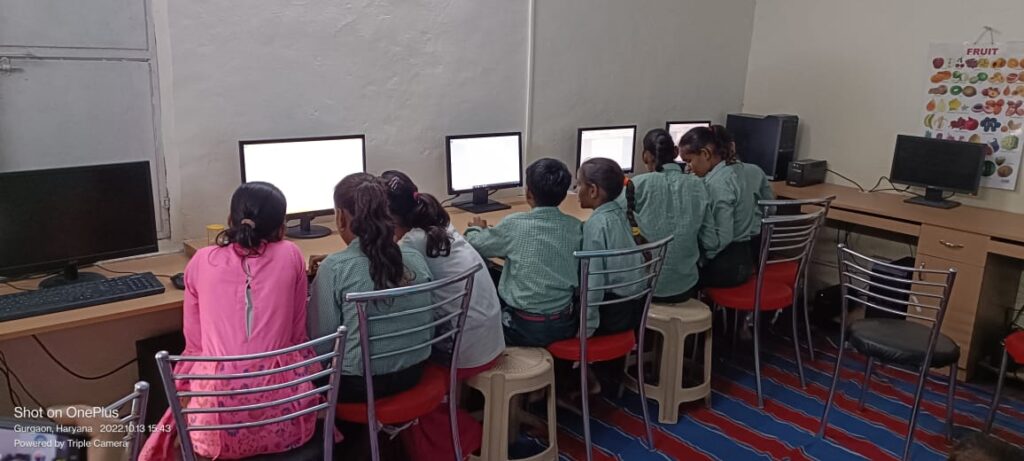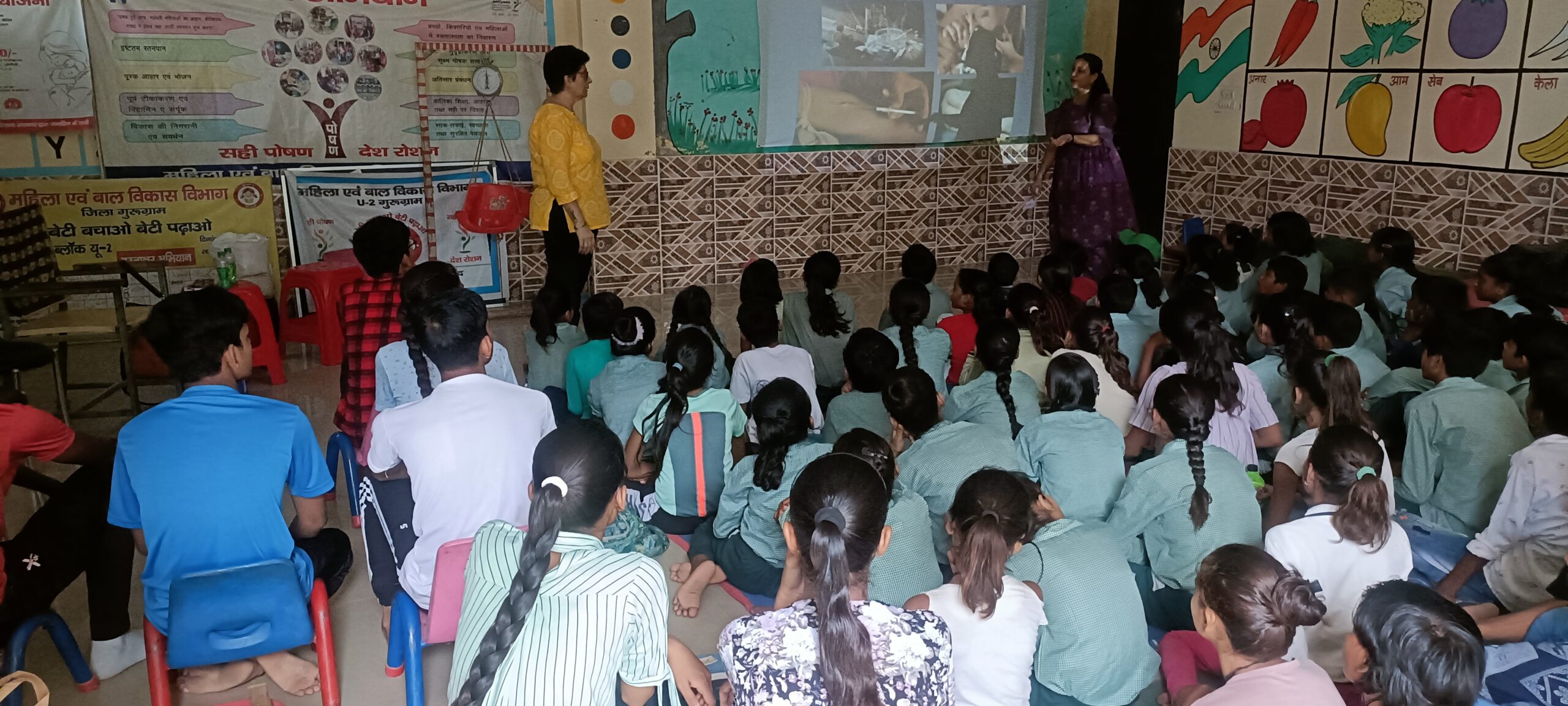Building a Brighter Future:
Key Takeaways
- Empowering the Next Generation: Providing youth with the skills and knowledge they need to succeed independently is crucial for building a brighter future.
- The Skills Gap: Bridging the Divide: Addressing the gap between the skills youth possess and the skills employers require is essential for their success in the workforce.
- Fostering Entrepreneurial Mindsets: Encouraging young people to think creatively and take initiative can lead to greater economic independence and innovation.
- Vocational Training: A Pathway to Success: Offering vocational training programs can provide youth with practical skills and a clear pathway to employment.
- Leveraging Technology for Skill Development: Utilizing technology can enhance skill development and provide access to educational resources for youth empowerment.

Empowering the Next Generation
The future of our society lies in the hands of the youth, and it is our responsibility to ensure that they are equipped with the necessary skills and resources to thrive. Investing in the development of young people is not only a moral imperative but also a strategic necessity for the long-term prosperity of our communities. By empowering the next generation with the right skills, we can unlock their full potential and pave the way for a brighter, more sustainable future.
The importance of investing in the youth cannot be overstated. Young people are the driving force behind innovation, creativity, and social change. They possess a unique blend of energy, enthusiasm, and fresh perspectives that can be harnessed to address the complex challenges of our time. By providing them with the tools and opportunities to develop their skills, we can empower them to become active contributors to their communities, driving economic growth, social progress, and positive transformation.
Equipping young people with the necessary skills for a successful future is crucial. In today’s rapidly evolving job market, the skills required for success are constantly changing, and it is essential that we adapt our approach to education and skill development to keep pace. By identifying the specific skills needed in the modern workforce and aligning our educational and training programs accordingly, we can ensure that young people are well-prepared to navigate the challenges and opportunities that lie ahead.
The Skills Gap: Bridging the Divide
The disconnect between the skills that young people possess and the demands of the modern workforce has created a significant skills gap. Employers often struggle to find candidates with the right mix of technical, soft, and entrepreneurial skills, while young people face difficulties in securing meaningful employment that aligns with their aspirations and abilities.
Identifying the skills needed in the modern workforce is a critical first step in addressing this challenge. As technology continues to transform industries and job roles, it is essential that we stay attuned to the evolving skill requirements of the job market. This involves engaging with employers, industry leaders, and policymakers to understand the changing landscape and adapt our skill development initiatives accordingly.
Addressing the disconnect between education and industry demands is a complex but necessary task. Traditional educational systems often struggle to keep pace with the rapid changes in the job market, leaving young people ill-equipped to meet the needs of employers. By fostering stronger collaboration between educational institutions, businesses, and policymakers, we can develop more responsive and relevant skill development programs that bridge the gap between the classroom and the workplace.
Fostering Entrepreneurial Mindsets
Cultivating an entrepreneurial spirit among the youth is crucial for their long-term success and the overall economic and social well-being of our communities. Entrepreneurship not only provides young people with the opportunity to create their own jobs and businesses but also equips them with a range of valuable skills, such as critical thinking, problem-solving, and risk-taking.
Encouraging innovation, risk-taking, and problem-solving skills is at the heart of fostering an entrepreneurial mindset. By exposing young people to real-world challenges and empowering them to develop creative solutions, we can nurture their entrepreneurial potential and instill in them the confidence and resilience needed to navigate an ever-changing job market.
Providing young people with the necessary resources, mentorship, and support to turn their ideas into reality is essential for cultivating an entrepreneurial culture. This may involve establishing incubator programs, offering access to funding and financing, and creating networking opportunities that connect aspiring entrepreneurs with experienced business leaders and industry experts.
Vocational Training: A Pathway to Success
Vocational education and training (VET) offer a powerful pathway to success for young people, providing them with the hands-on, industry-relevant skills needed to thrive in the modern workforce. By combining theoretical knowledge with practical, job-specific training, VET programs equip young people with the tools and expertise to excel in their chosen fields, whether it’s in the trades, manufacturing, healthcare, or any other industry.
The benefits of vocational education and training are manifold. Not only do VET programs provide young people with the skills and qualifications needed to secure meaningful employment, but they also foster a sense of pride, accomplishment, and self-reliance. By empowering young people to develop tangible, in-demand skills, VET programs can help to bridge the skills gap and ensure that the workforce of the future is well-equipped to meet the evolving needs of the job market.
Providing hands-on, industry-relevant skills to empower youth is at the heart of vocational training. By collaborating closely with employers and industry partners, VET programs can tailor their curricula to address the specific skill requirements of the local and regional job markets, ensuring that young people are equipped with the knowledge and expertise needed to succeed in their chosen careers.
Leveraging Technology for Skill Development

In the digital age, the power of technology presents a transformative opportunity to enhance skill development initiatives and empower the youth. By harnessing the capabilities of digital tools and platforms, we can create more accessible, engaging, and personalized learning experiences that cater to the diverse needs and learning styles of young people.
Harnessing the power of digital tools and platforms can revolutionize the way we approach skill development. From online learning platforms and virtual simulations to augmented reality and artificial intelligence-powered tutoring systems, the integration of technology can provide young people with a wealth of resources and opportunities to acquire new skills and refine their existing ones.
Integrating technology-based learning and skill-building initiatives can also help to address the challenges of geographical and socioeconomic barriers, ensuring that young people, regardless of their location or background, have access to high-quality skill development programs. By leveraging the reach and scalability of digital solutions, we can democratize access to skill-building opportunities and create a more inclusive and equitable landscape for youth empowerment.
Inclusive Approaches to Skilling
Ensuring equal access to skill development opportunities is a critical component of empowering the youth and building a more inclusive and prosperous future. Too often, marginalized and underserved communities face systemic barriers that limit their access to the resources and support needed to acquire the skills necessary for success.
Addressing the needs of marginalized and underserved communities is essential for creating a more equitable and inclusive skill development landscape. This may involve targeted outreach and engagement efforts, tailored programs that address the unique challenges faced by these communities, and the allocation of dedicated resources and funding to support their skill-building initiatives.
By adopting inclusive approaches to skilling, we can help to level the playing field and ensure that all young people, regardless of their socioeconomic status, ethnicity, or background, have the opportunity to develop the skills and knowledge needed to thrive. This not only benefits the individual but also strengthens the overall resilience and prosperity of our communities, as we harness the diverse talents and perspectives of the next generation.
Collaborative Efforts: Engaging Stakeholders
Fostering partnerships between educational institutions, businesses, and policymakers is crucial for the successful implementation and sustainability of skill development initiatives. By aligning the efforts of these key stakeholders, we can create a more cohesive and responsive ecosystem that addresses the evolving needs of the job market and empowers young people to achieve their full potential.
Engaging educational institutions, businesses, and policymakers in the design and implementation of skill development programs can help to ensure that these initiatives are tailored to the specific needs of the local and regional job markets. This collaborative approach can facilitate the exchange of knowledge, resources, and best practices, enabling the development of more effective and impactful skill-building initiatives.
Aligning skill development initiatives with the evolving needs of the job market is essential for ensuring the long-term relevance and impact of these programs. By fostering ongoing dialogue and collaboration between stakeholders, we can continuously adapt our skill development strategies to keep pace with the changing demands of the workforce, ensuring that young people are equipped with the skills and knowledge needed to thrive in the ever-evolving job landscape.
Overcoming Barriers to Youth Empowerment
Despite the numerous benefits of skill development initiatives, young people often face significant barriers that limit their access to these opportunities. Identifying and addressing these challenges is crucial for creating a more inclusive and equitable environment for youth empowerment.
Identifying the challenges faced by youth in accessing skill development programs is the first step in overcoming these barriers. This may include factors such as financial constraints, lack of awareness or information, transportation issues, or cultural and societal norms that discourage participation. By understanding the specific obstacles faced by young people, we can develop targeted strategies to remove these barriers and ensure that skill-building opportunities are accessible to all.
Developing strategies to remove systemic barriers and create a more inclusive environment for youth empowerment is essential for driving sustainable change. This may involve implementing policies and initiatives that address the root causes of inequality, providing financial assistance and scholarships, and fostering community-based support networks that empower young people to overcome the challenges they face.
The Road Ahead: Investing in the Future
Investing in the skill development of the youth is not only a moral imperative but also a strategic necessity for the long-term prosperity and sustainability of our communities. By empowering young people with the skills and knowledge needed to thrive in the modern workforce, we can unlock their full potential and pave the way for a brighter, more inclusive future.
The long-term benefits of investing in youth skilling are manifold. By equipping young people with the skills and expertise needed to succeed in their chosen careers, we can foster economic growth, drive innovation, and create more resilient and adaptable communities. Moreover, investing in youth skilling can have a ripple effect, as empowered young people become active contributors to their communities, driving positive social change and inspiring the next generation to follow in their footsteps.
Prioritizing skill development as a key driver of sustainable economic and social progress is crucial for shaping a future that is inclusive, equitable, and prosperous for all. By working collaboratively with stakeholders, leveraging the power of technology, and addressing the unique challenges faced by young people, we can create a comprehensive and responsive skill development ecosystem that empowers the next generation to build a brighter, more sustainable future.



